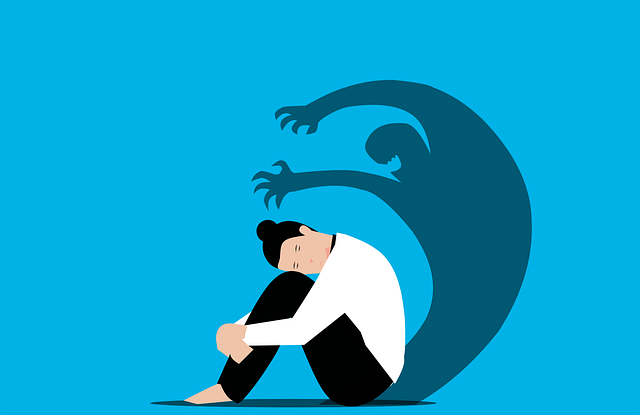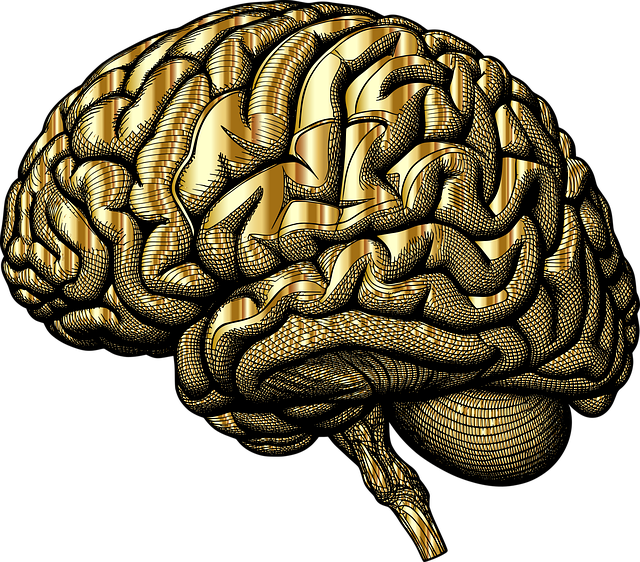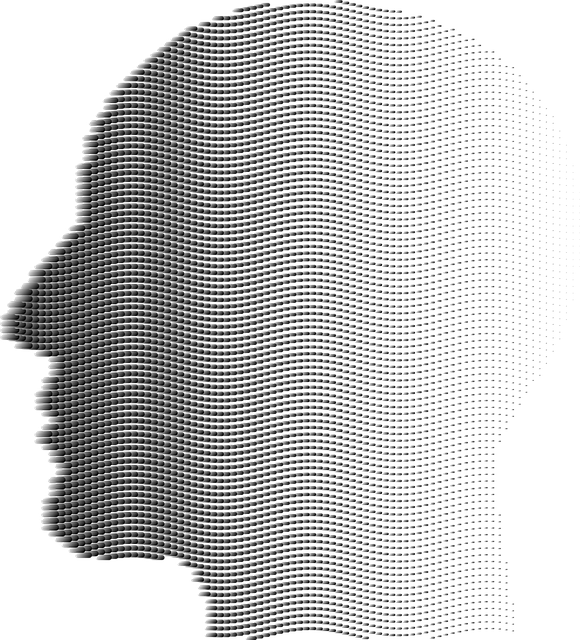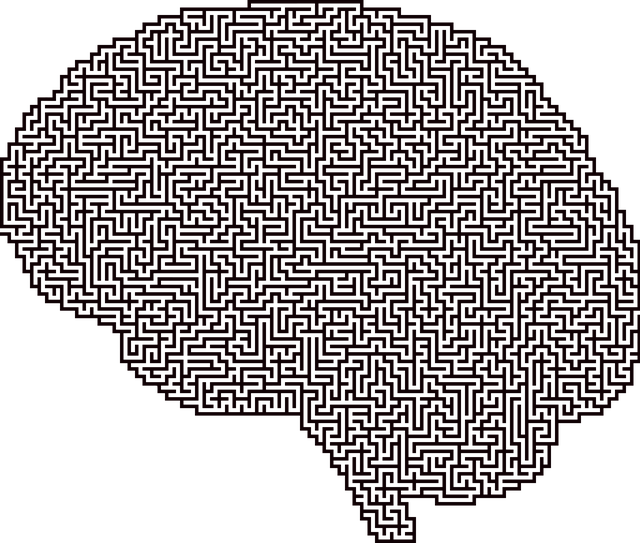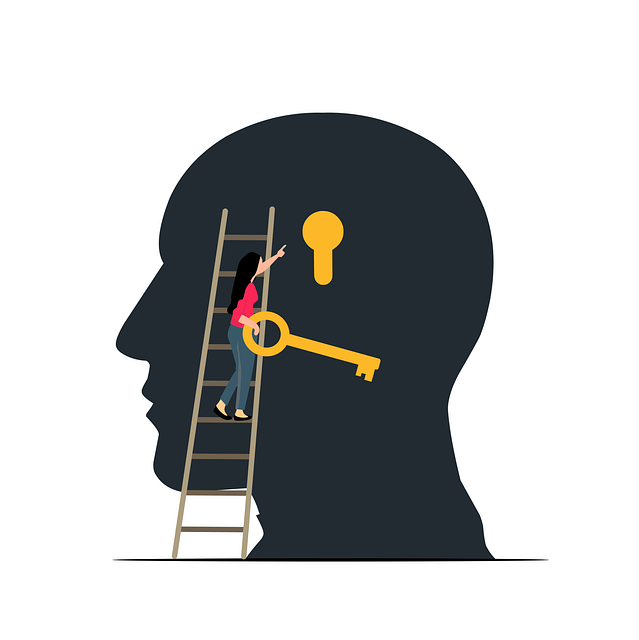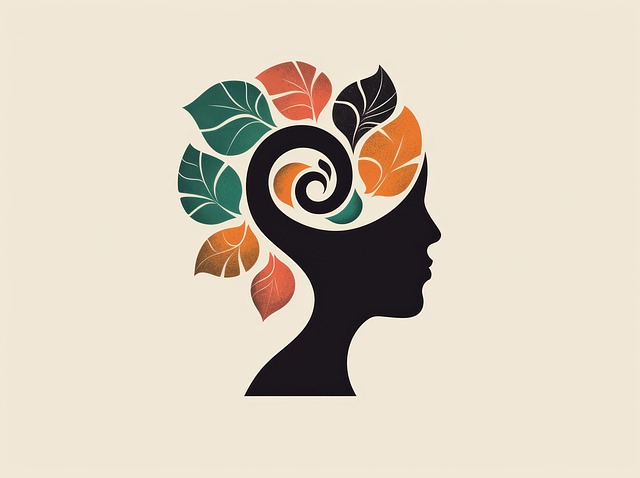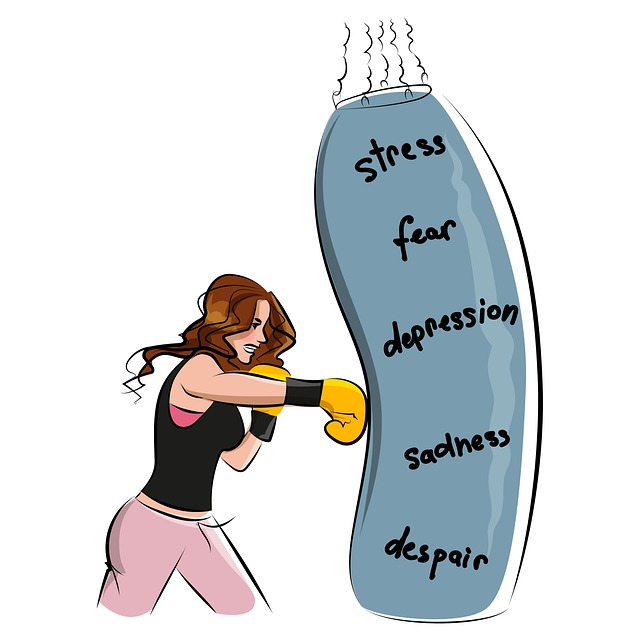In Louisville, cultural competency training is a vital tool for equitable healthcare delivery, especially in addressing ADD/ADHD. The city's diversity presents challenges and opportunities for improved patient care. This initiative equips healthcare professionals with skills to navigate cultural complexities, enhancing respectful and sensitive treatment. It supports mental wellness initiatives, prevents burnout, and refines risk assessments. Ultimately, this approach fosters a more inclusive healthcare system tailored to the diverse needs of the community, including accurate Louisville ADD-ADHD evaluations and personalized therapy through culturally competent practices.
In today’s diverse healthcare landscape, cultural competency is no longer a nicety but an imperative. This is especially true in cities like Louisville, where a multifaceted community demands sensitive and effective medical services. This article explores the significance of cultural competency training for healthcare providers, focusing on its impact on crucial areas such as Louisville ADD-ADHD evaluations and therapy. We provide practical strategies to enhance cultural sensitivity, ensuring better patient outcomes.
- Understanding Cultural Competency in Healthcare: Why It Matters in Louisville
- The Impact of Cultural Sensitivity on ADD-ADHD Evaluations and Therapy
- Practical Strategies for Healthcare Providers to Enhance Cultural Competency
Understanding Cultural Competency in Healthcare: Why It Matters in Louisville

In Louisville, cultural competency training is more than a buzzword; it’s a vital component of equitable healthcare delivery. Understanding and respecting diverse cultural backgrounds, beliefs, and values are essential to providing quality care, especially with concerns like ADD/ADHD evaluations and therapy. The city’s diverse population, including various ethnic, racial, and socio-economic groups, brings unique challenges and opportunities for healthcare providers. Training equips professionals with the skills to navigate these complexities, ensuring every patient receives respectful, culturally sensitive treatment.
This initiative is particularly relevant in addressing mental health issues, as seen in the growing popularity of mental wellness podcast series production. By fostering cultural competency, Louisville’s healthcare providers can prevent burnout—a significant concern among mental health professionals—and enhance their ability to conduct thorough risk assessments. These strategies collectively contribute to a more inclusive and effective healthcare system tailored to the diverse needs of the community, from ADD/ADHD evaluations to comprehensive therapy services.
The Impact of Cultural Sensitivity on ADD-ADHD Evaluations and Therapy

Cultural sensitivity plays a pivotal role in accurate ADD-ADHD evaluations and effective therapy, especially in diverse communities like Louisville. Healthcare providers equipped with this competency are better able to understand and address neurodevelopmental challenges within various cultural contexts. For instance, recognizing that symptoms can manifest differently across cultures helps in avoiding misdiagnosis or overlooking certain behaviors.
Incorporating Mind Over Matter Principles, Compassion Cultivation Practices, and Stress Management Workshops Organization into training fosters a culturally competent approach. These strategies enable therapists to create safe spaces, fostering open communication with clients from different backgrounds. By embracing such practices, Louisville ADD-ADHD Therapy providers can ensure personalized care that respects individual experiences, thereby enhancing the overall therapeutic outcome.
Practical Strategies for Healthcare Providers to Enhance Cultural Competency

Healthcare providers play a pivotal role in fostering cultural competency within the medical field. To enhance their skills, they should adopt practical strategies that go beyond basic training. One effective approach is to actively seek diverse patient populations and engage with them on personal levels. This involves learning about different cultural practices, beliefs, and communication styles to provide more tailored care. For instance, healthcare providers in Louisville offering ADD-ADHD evaluations and therapy can benefit from understanding the unique needs of various ethnic groups regarding mental health treatment.
Additionally, incorporating Mental Wellness Coaching Programs and Inner Strength Development techniques into their practice can empower providers and patients alike. Encouraging open dialogue and providing Mental Wellness Journaling Exercise Guidance allows healthcare professionals to explore sensitive cultural topics while building trust with their clients. These strategies not only improve patient outcomes but also contribute to a more inclusive healthcare environment, ensuring every individual receives respectful and competent care.
Cultural competency training is a game-changer in healthcare, especially in diverse communities like Louisville. By enhancing cultural sensitivity, healthcare providers can significantly improve outcomes for patients with conditions such as ADD-ADHD. The strategies outlined in this article empower professionals to navigate the complex landscape of cultural differences, ensuring more accurate evaluations and effective therapy for Louisville residents. This approach not only benefits individuals but also fosters a more inclusive and compassionate healthcare system.
